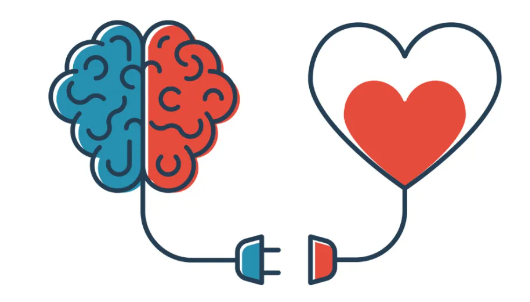In today’s fast-paced and competitive world, there is an ongoing debate about which is more important – emotional intelligence (EQ) or intellectual intelligence (IQ). Many people believe that IQ is the key to success, while others argue that EQ plays a more significant role in achieving one’s goals. Let’s delve into the differences between EQ test and IQ, and debunk some common myths and misconceptions surrounding these two types of intelligence.
What is Emotional Intelligence (EQ)?
Emotional intelligence, often referred to as EQ, is the ability to recognize, understand, and manage our own emotions, as well as the emotions of others. It involves skills such as empathy, interpersonal communication, self-awareness, and emotional regulation. People with high EQ are able to navigate social situations effectively, build strong relationships, and make better decisions based on emotional cues.
What is Intellectual Intelligence (IQ)?
On the other hand, intellectual intelligence, or IQ, is the ability to learn, reason, solve problems, and think critically. It is often measured through standardized tests that assess cognitive abilities such as logical reasoning, mathematical skills, and analytical thinking. People with high IQ are usually considered to be quick learners, good problem solvers, and adept at academic pursuits.
Debunking Myths and Misconceptions
Myth 1: IQ is the sole predictor of success
Contrary to popular belief, IQ is not the only factor that determines success in life. While a high IQ may be advantageous in certain domains, research has shown that emotional intelligence can be a better predictor of success in areas such as leadership, teamwork, and overall well-being. EQ allows individuals to navigate social complexities, communicate effectively, and manage stress, all of which are crucial skills in today’s interconnected world.
Myth 2: You can’t improve your EQ
Another common misconception is that EQ is fixed and cannot be developed or improved. In reality, emotional intelligence is a skill that can be cultivated through practice, self-reflection, and feedback. By actively working on developing your emotional intelligence, you can enhance your interpersonal relationships, make better decisions, and lead a more fulfilling life.
Myth 3: EQ is more important than IQ
While some argue that EQ is more important than IQ, the truth is that both types of intelligence are valuable and complementary. Having a balance of emotional intelligence and intellectual intelligence can lead to greater overall success and fulfillment. For example, a person with high IQ but low EQ may struggle to work effectively in a team, while someone with high EQ but low IQ may have difficulty solving complex problems. It is the combination of both types of intelligence that ultimately leads to success.
Conclusion
In conclusion, the debate between EQ and IQ is not about one being better than the other, but rather about recognizing the unique strengths and benefits of each. Emotional intelligence allows us to navigate the complexities of human interactions, while intellectual intelligence enables us to think critically and solve problems. By understanding and leveraging both types of intelligence, we can achieve greater success in all areas of our lives. So, instead of pitting EQ against IQ, let’s embrace the diverse strengths that each brings to the table and strive for a harmonious balance between the two.
Remember, success is not about having a high IQ or EQ but about how well you can leverage both to achieve your goals and lead a fulfilling life. So, the next time you find yourself pondering the debate between EQ and IQ, remember that it’s not a matter of “either/or” but rather “both/and.” Embrace your unique blend of intelligence and watch yourself soar to new heights of success and happiness!

